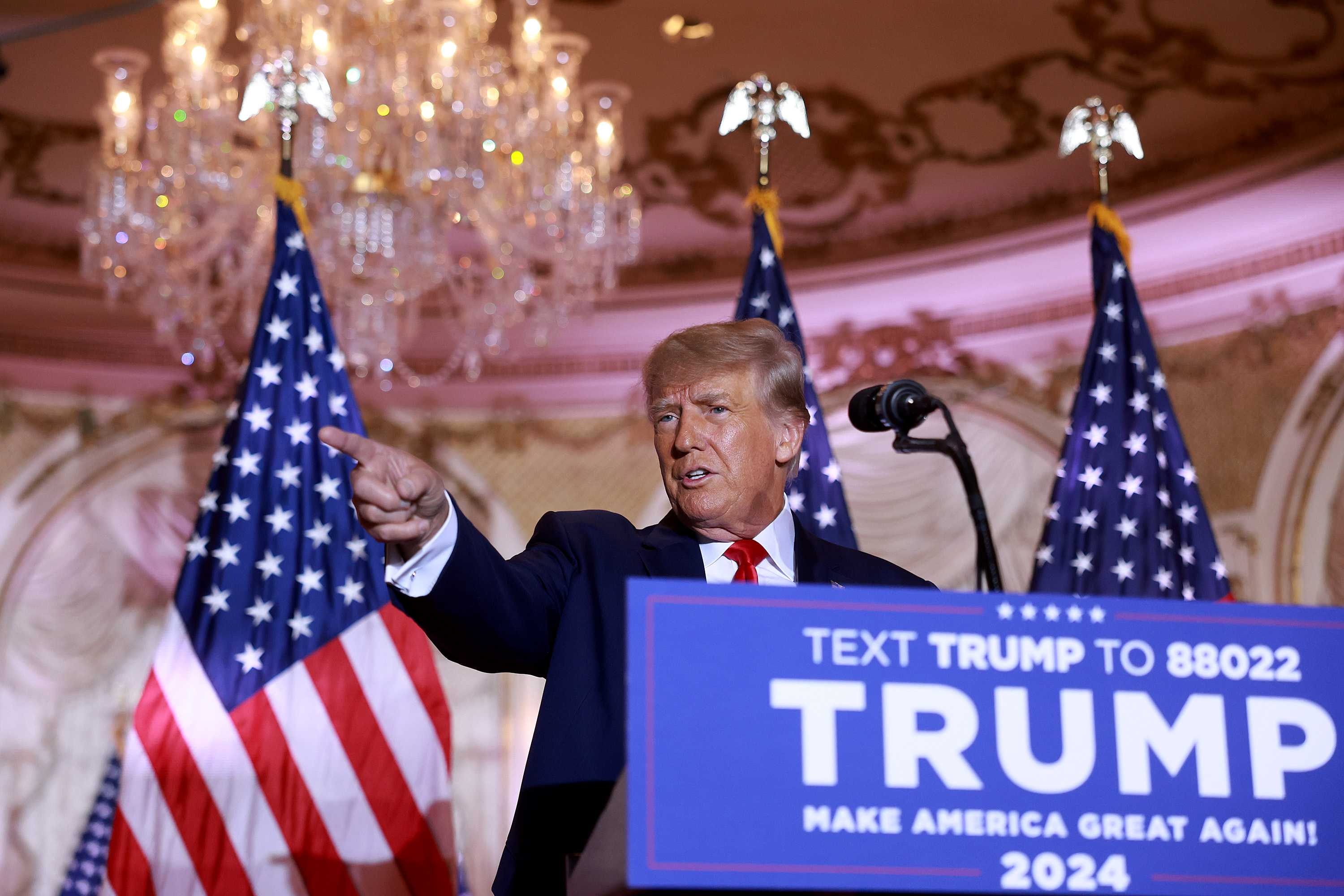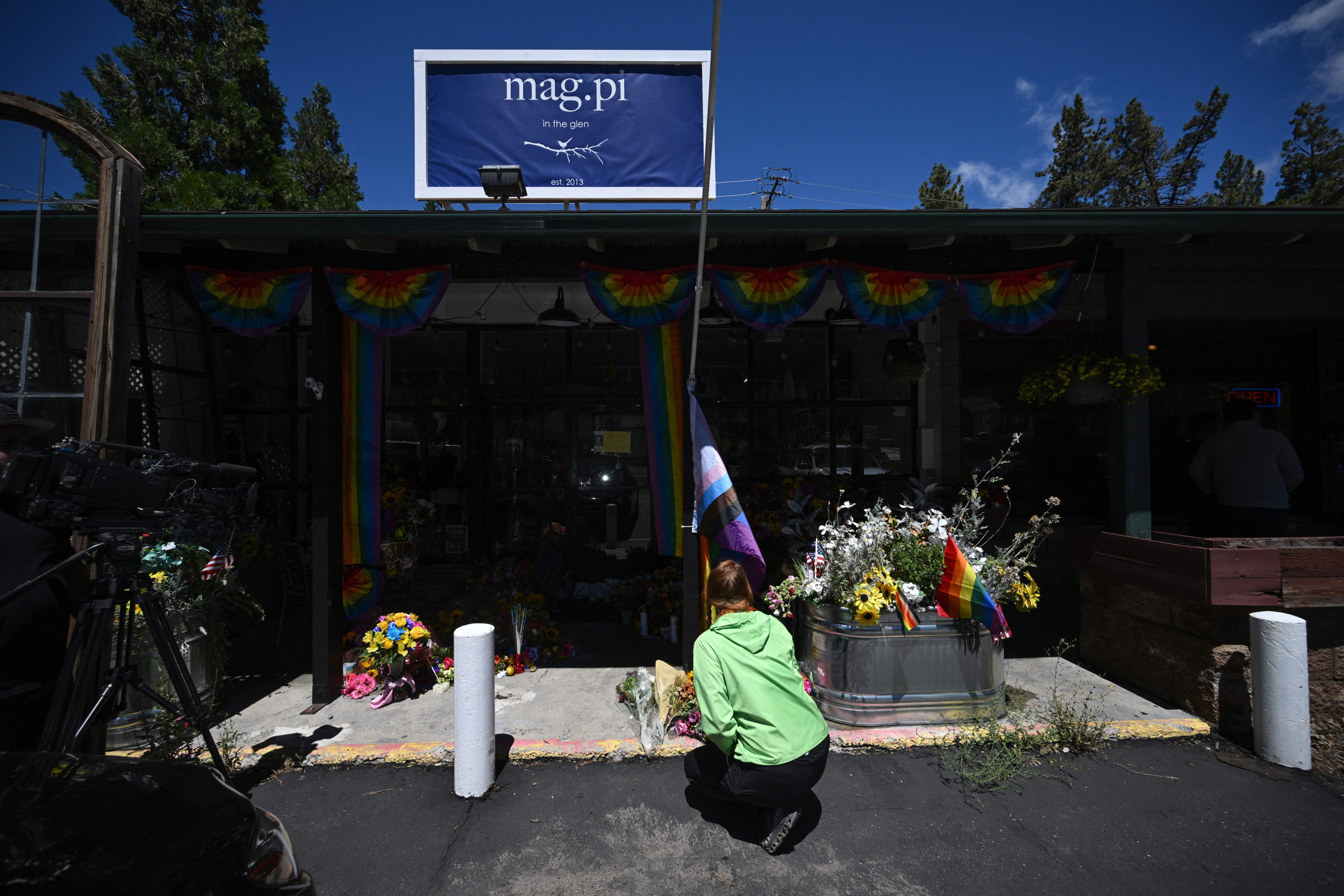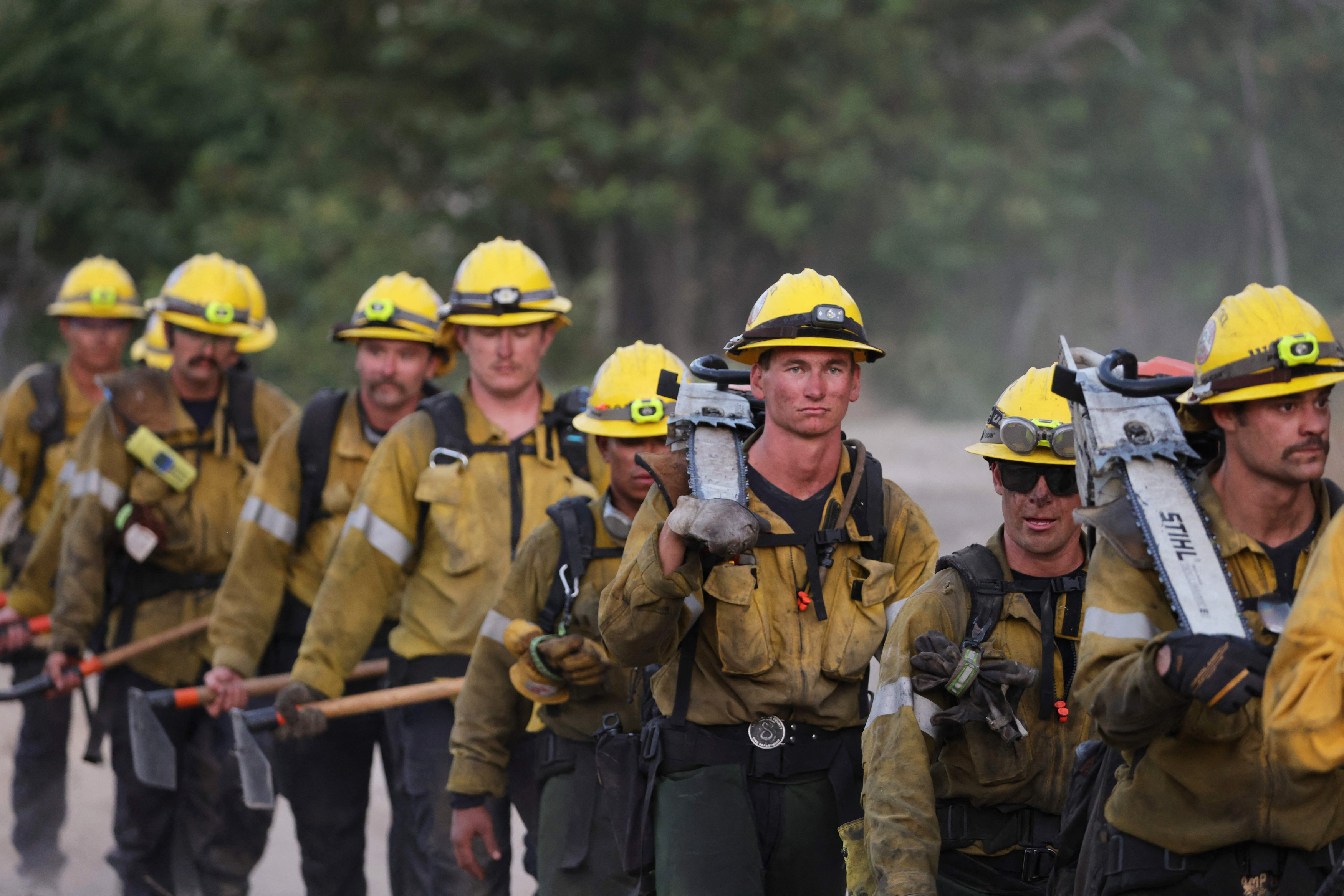The reported death of Wagner Group chief Yevgeny Prigozhin has once again shined the spotlight on Russian President Vladimir Putin, including potential revenge against the Kremlin's leader.
Rumors swirled Wednesday of Prigozhin and nine others dying aboard a private business jet that was purportedly shot down in Russia's Tver region while traveling from Moscow to St. Petersburg. Reports initially came directly from Russian-related sources and have prompted theories of a potential set-up by Putin.
If the paramilitary leader and billionaire private military company financier is actually dead, it would have occurred exactly two months to the day that the Wagner Group conducted a brief coup against the Kremlin that garnered global attention yet led to a diminished military standing for Prigozhin and his men in terms of the Russia-Ukraine conflict.

"Wagner PMC mercenaries are going to take revenge on Putin and [Russian Defense Minister Sergei] Shoigu for the death of their leader," Anton Gerashchenko, an adviser to Ukraine's minister of internal affairs, wrote on X, formerly Twitter. "Calls for revenge against the killers fill the chat rooms of Prigozhin's channels. Law enforcers of two regions have been raised on alert."
He is referring to some pro-Wagner supporters vowing online to conduct a second "March on Justice" similar to the one in June, to advocate for Prigozhin and others potentially killed.
Wagner PMC mercenaries are going to take revenge on Putin and Shoigu for the death of their leader. Calls for revenge against the killers fill the chat rooms of Prigozhin's channels. Law enforcers of two regions have been raised on alert. pic.twitter.com/TuMd73p445
— Anton Gerashchenko (@Gerashchenko_en) August 23, 2023
"If [Prigozhin] is indeed dead, it makes Putin look stronger with the Russian people," Rebekah Koffler, a former Defense Intelligence Agency (DIA) officer and author of Putin's Playbook: Russia's Secret Plan to Defeat America, told Newsweek via phone.
Although Putin and Prigozhin never disparaged one another as "traitors" in the aftermath of the mutiny attempt, Koffler said that Russian media ran stories with a common narrative of how Putin chased out the traitors and emerged victorious—intentional efforts to "beef up his image" in the run-up to the March 17, 2024, election.
"If Prigozhin is indeed dead, everybody would understand that this is a payback for insubordination, for criticizing the Russian military, and it was sending a signal to any potential opposition that Putin will chase you down and eliminate you no matter where you are—whether you're in Africa or wherever," she said.
The most recent video footage of Prigozhin included discussion about the Wagner Group's efforts in Africa, as part of a new mission separate from the 16-month-long war in Ukraine.
Mikhail Alexseev, a political science professor at San Diego State University, told Newsweek via email that, assuming Prigozhin is dead, it makes Putin look somewhat stronger.
"But the big unknown is whether he personally called the kill or whether it was the Defense Ministry, and how it may have related to private interests in the top reaches of the Kremlin who may have been eyeing the Wagner group as a lucrative asset and decided to take advantage of the situation to take over it from Prigozhin," Alexseev said. "Yet, it is still hard to imagine how those interests could play out without deference to Putin."
Dmitry Gorenburg, a senior research scientist at the Center for Naval Analysis, told Newsweek via phone that Prigozhin being murdered by Russian forces could be viewed as a message for others to not defy him and the Kremlin in the future.
"On the one hand, this could be seen as a warning signal that people who go against Putin or senior leadership come to a bad end—so that may be a way to reinforce a reluctance of people to challenge him," Gorenburg said.
Russian citizens could theoretically galvanize behind Prigozhin and Wagner if it becomes apparent that the Russian government acted haphazardly and without proper pretense, he added, based on the brokered negotiation following the coup attempt. But that is less likely he admitted.
Anders Åslund, a former senior fellow in the Eurasia Center at the Atlantic Council, wrote on X, formerly Twitter, that Prigozhin's reported death is no surprise.
"Was [Prigozhin] murdered? In all probability. Who did it? Obviously Putin," Aslund wrote. "Does this strengthen Putin's power? Probably, it makes him even more feared. But it tells you that Putin probably killed very many other people."
Koffler is suspect about Prigozhin being murdered due to the uncertainty of reports emanating out of Russia, notably from state media outlets.
She said his death, if confirmed, would be a result of an assassination operation conducted on Putin's order—referred to by Russians as "Wet Deeds" that encompass other mysterious murders that in the past have included poisonings and individuals being thrown out of windows.
But if Prigozhin is still alive, she would coin this as a double false flag operation due to Russians' lying about something the West "wants to believe."
The timing is also peculiar, she noted, due to news leaking hours before the first Republican Party presidential debate airing Wednesday evening.
"Both sides [Russia and the U.S.) are predisposed to their worldview," she said. "The Russian worldview is that the leader is strong; they like somebody who is like an assassin type because that's the kind of person that keeps the country strong, just like Ivan the Terrible, [Joseph] Stalin, whatever.
"The American people are predisposed to their own bias, especially the establishment because they've been spreading the narrative how Putin is weak; he's about to die from this disease or that disease. And there's a coup even though the Russians support Putin by 80 percent [approval].
"So, everybody believes their own propaganda, so to speak."








